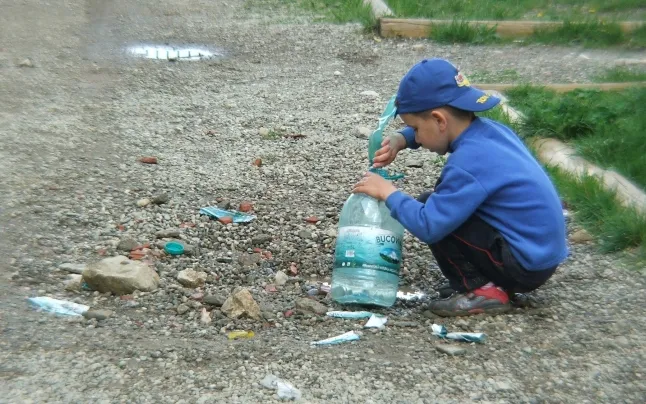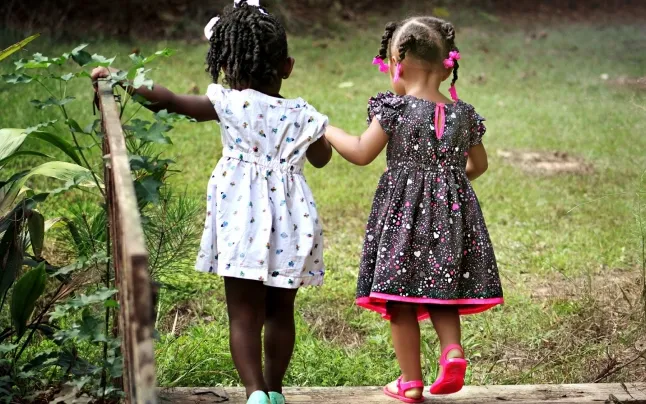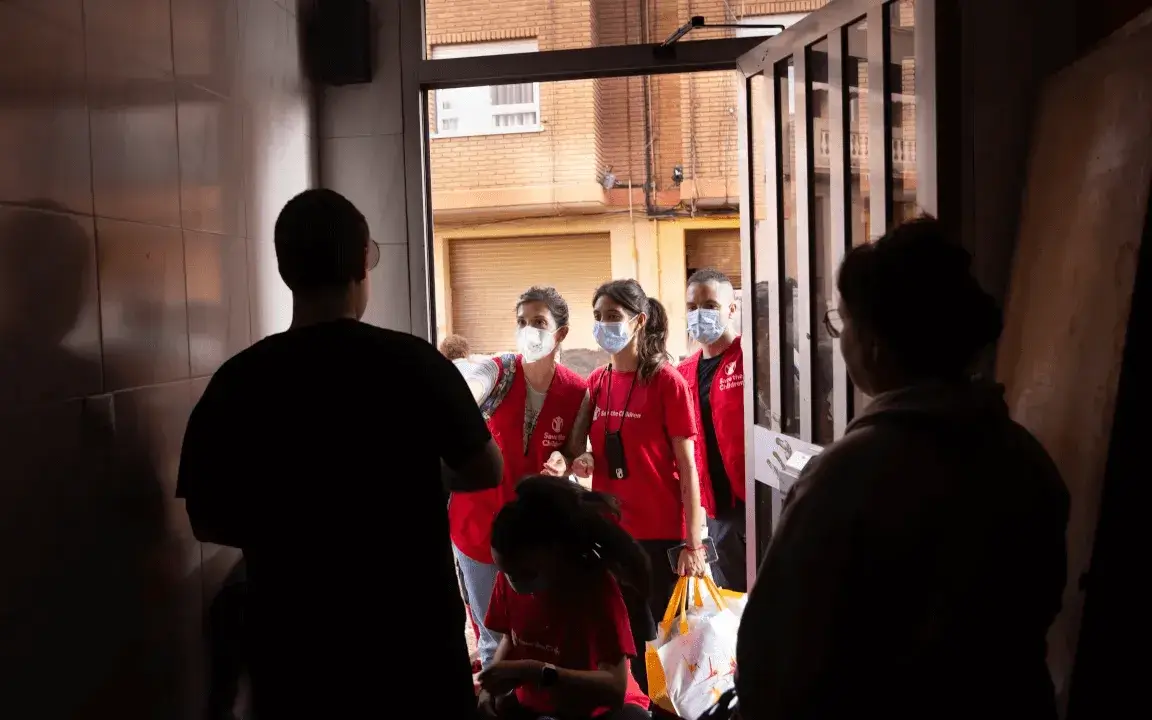44% of new cases of child poverty will be recorded in Europe and Central Asia, according to Save the Children and UNICEF.
The coronavirus pandemic is impoverishing millions of families around the world. This year could end with a 15% increase of children living below the poverty line in low and middle-income countries.
This increase would add 86 million children to the total number already living in poor households. By the end of the year, the total number of child poverty would be 672 million people.
Almost two-thirds of these children live in Sub-Saharan Africa and South Asia. The most remarkable increase would occur in Europe and Central Asia, with 44% of new cases. Latin America and the Caribbean would account for 22% of these new cases of child poverty.
Save the Children and UNICEF have obtained this data through an analysis of the economic forecasts of the IMF and the World Bank. Both NGOs point out that the situation can still be avoided if quick actions are taken and with direct aid to families.
Nowadays, thousands of families are living with fewer resources than they used to. Many parents have lost their jobs and seen their income reduced. Others were already living in a vulnerable situation and cannot even meet the most basic needs such as food and hygiene. In developing countries, the difficult situation has become more obvious due to the impossibility of having health care. In this context, the number of children in vulnerable situations is growing rapidly around the world.
Measures to prevent further child poverty
Both entities ask for immediate implementation of several measures that would prevent thousands of families with children from falling into poverty.
On the one hand, they call for rapid and large-scale expansion of social protection systems to meet the immediate needs of thousands of households: cash transfers, school feeding and child benefits are some of the suggestions.
On the other hand, they ask for long-term measures such as investing in other forms of social protection, fiscal policies and employment and labour market interventions. Thus, countries would be more prepared to act in emergencies like the one we are currently living.
Covid-19 and its impact on poverty
"The coronavirus pandemic has unleashed an unprecedented socio-economic crisis that is draining the resources of families around the world", says Henrietta Fore, UNICEF's executive director. Fore warns that the economic difficulties experienced by thousands of households could reverse years of improvement in reducing child poverty as children are being deprived of essential services. "Without coordinated action, families already struggling could fall into poverty and the poorest could face levels of need not seen in decades".
Covid-19 repercussions on poverty are harsher on children because they are more vulnerable. Save the Children's CEO, Inger Ashing, says that "if we act rapidly and firmly we can contain the risks posed by this crisis" since "poverty is not inevitable for children".









Add new comment